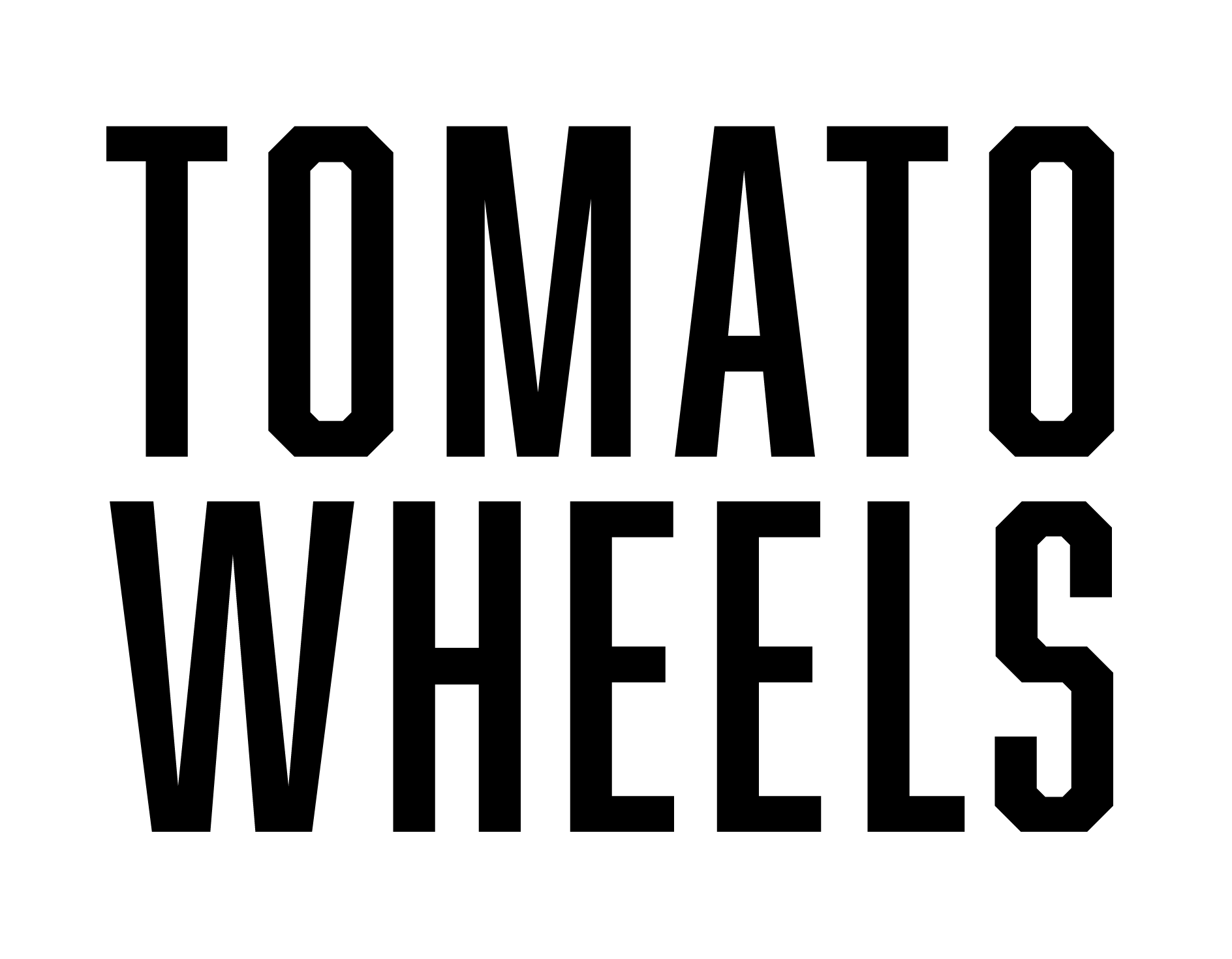In recent years, the wine world has witnessed a passion surge and new trend in the wine industry: natural wine. It's the latest darling of the industry, hailing down on us with a notion of newness, coolness and a big dose of sophistication. With phrases like "organic," "biodynamic," and "minimal intervention" thrown around like confetti from a piñata at a Mexican birthday party, it's easy to get caught up in the hype.
But behind the trendy labels and buzzwords, what does "natural wine" realllllllllllly mean? To uncover the truth, our team set out on a mission: to find out more, peel back a few layers and determine what is really going on.
First things first, let's address the elephant in the room: what exactly is natural wine? From our many google search we can chalk it up to the following: "At its core, natural wine is a rebellious response to the conventional winemaking practices that have dominated the industry for centuries. It's made from grapes grown organically or biodynamically, without the use of synthetic pesticides or fertilizers. In the winery, minimal intervention is the name of the game, with native yeasts used for fermentation and little to no additives, including sulfites."
But beyond the technicalities, natural wine is about the return to the roots of winemaking, where the focus is on expressing the true essence of the grape and the terroir from which it comes from. It's about embracing imperfection, celebrating diversity, and challenging the status quo.
Yet, for all its charm and allure, natural wine has its skeptics. Critics argue that its lack of standardization and regulation can lead to inconsistencies in quality and taste. Without clear guidelines, the term "natural wine" becomes a catch-all, encompassing a wide spectrum of styles and practices. And let's not forget the price tag—natural wine often comes with a BIG premium, leaving some to wonder whether it's worth the investment.
So, where does that leave us? Is natural wine just a fad? Or is it a sign of a larger shift in the wine industry, bringing a new era of authenticity and transparency?
The answer may lie somewhere in between. While natural wine may not be for everyone, its rise in popularity speaks to a growing demand for wines that are not only delicious but also ethical and sustainable. And in a world where transparency is increasingly valued, the allure of natural wine—flaws and all—may be here to stay.
So, the next time you're in a room with a group of "naddy" enthusiast, remember this: it's not just about the trendiness or the hype. It's about embracing a philosophy—expressing the true essence of the grape and the land from which it comes.
In conclusion we share the same sentiment as Clayton Farris and Jessica Pohly. Thank you for the laughs and the thorough explanation.
RULES WE LIVE BY.
Great company, good food and a bottle of Tomato Wheels Lambrusco. Drink Lambrusco—if you know what’s good.

